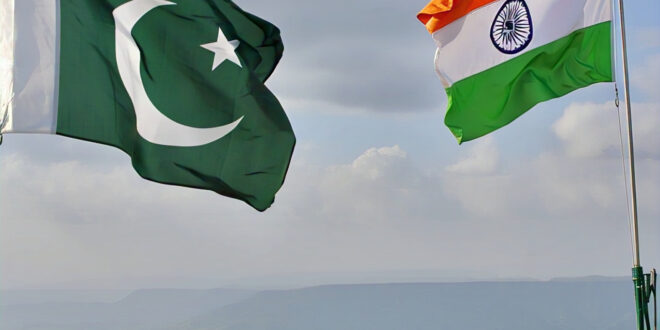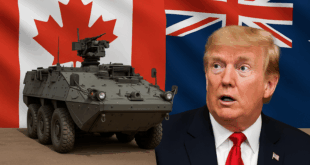In the intricate geopolitical web of south Asia , the indo pak conflict stands as a ticking clock – constant unresolved and dangerous. while the world watches through the lens of diplomacy nuclear detterence and human rights the two nationremains locked in a bitter stalemate.
what happens if a war breaks out? Can bilateralism or the united nation prevent or are we inching closer to an irreversible fallout?
Bilatetalism: A stubborn diplomacy
Pakistan has consistently championed bilateralism as the sole path for resolving the disputed with India. Rooted in the shimla accords of 1972, Bilateralism rejects third party mediations including that of the UN. While this approach asserts soverignty and control it also suppresses external dialouge and often leads to diplomatic pralysis . The kashmir issue the heart of the conflict has remained in limbo largely because of this rigid framework. Pakistan on the other hand continues to advocate for international intervention hoping to gather support for its narratob and concerns regarding human rights violations in kashmir. But India’s diplomacy weights and strategic Alliances , especially with western powers has kept international mediation, largely symbolic.
The UN : Spectator in a high stales game.
The United Nations was once a key player in the early years of the Indo pak conflict. Its 1948 & 1949 resolutions called for a plebsicite in Kashmir – resolution that remains unimplemented. Since then, UN has been reduce tao issuing statements and offering good offices. With the veto powers and global interest in play, especially with allies the U.S and China, the UN abiloty to intervene decisively is minimal. In the event of a war, the UN may attempt to call for a cease fires or peace keeping, but its Success would largely depend hoon whether both parties are killing to listen something history suggest is unlikely.
The Nuclear Threat.A reality reminder.
Both India and pakistan are nuclear armed states. Any war no matter how convential it start a risks of rapid escalation. Bilateralism cannot prevent miscal ilations , and the UN cannot enforce restraint. In a such scenario, detterence becomes a double edged sword while it prevents war through fear , it also makes any conflict catastrophic.
If India and pakistan goes to a full flash war not only the conflicting states but also non conflicting state will be on the verge of war due to closly tied interdenpendy of economy, politics and social startification.
Bilatetalism cannot prevent miscalculations and UN cant show restrains. The role of the international peacekeeping and peace making committees would increase in damage control rather then prevention of war.
The UN has failed to intervene meaningfully. If we are to avoid a future war, both nations need to adopt a hybrid approach—keeping bilateralism for sensitive negotiations but welcoming international mediation for humanitarian and confidence-building measures.
Diplomatic ego must not outweigh human lives. Peace in South Asia will require not just strategic patience but bold, visionary diplomacy.
 Top Trends Blogs Trending Blogs – Latest News
Top Trends Blogs Trending Blogs – Latest News


